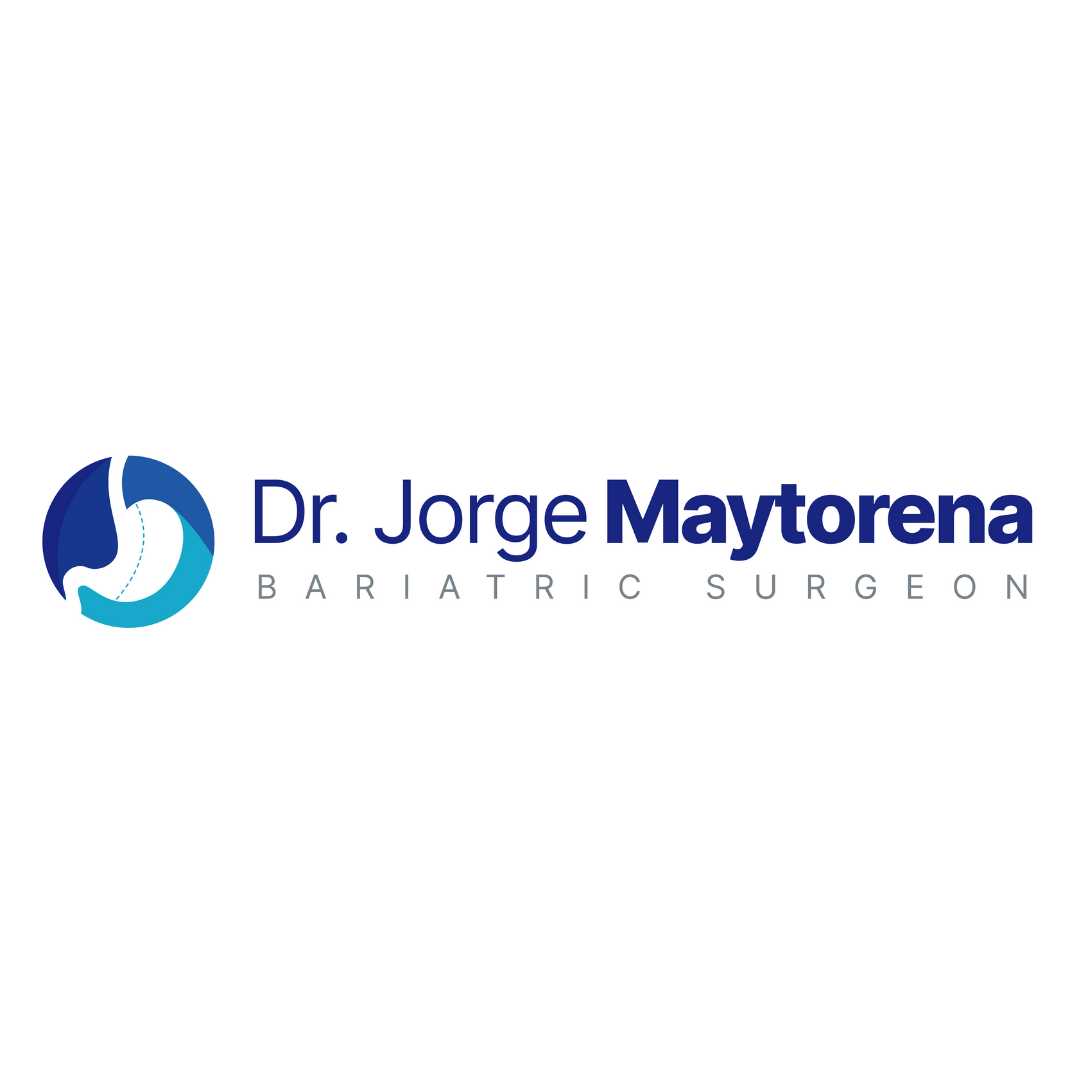Thinking About Bariatric Surgery in Mexico? Your Top Questions Answered
"The general BMI requirement for bariatric surgery in Mexico is a BMI of 40 or higher, or a BMI of 35 to 39.9 with at least one significant obesity-related health condition."

Deciding to pursue bariatric surgery is a life-changing step towards a healthier future. As you explore your options, you'll find that Mexico has become a leading destination for high-quality, affordable weight loss procedures. A crucial part of this journey is understanding the eligibility criteria, and the most common question patients have is: "What is the BMI requirement for bariatric surgery in Mexico?" This guide will walk you through BMI qualifications, explain the different types of procedures, detail the costs, and help you feel confident and informed as you move forward.
What Are the General BMI Requirements in Mexico?
"In Mexico, the standard for bariatric surgery is a BMI of 40 or greater, or a BMI of 35 or higher if you have a qualifying comorbidity like type 2 diabetes or sleep apnea."
These guidelines are in place to ensure patient safety and the effectiveness of the procedure. A Body Mass Index of 40 or above is classified as Class III obesity, a level at which the health risks associated with excess weight are significant. For individuals in this category, weight loss surgery is often considered a medical necessity.
If your BMI is between 35 and 39.9 (Class II obesity), you may still be an excellent candidate for surgery if you are also dealing with one or more obesity-related health problems. These are known as comorbidities, and their presence indicates that your weight is already having a negative impact on your overall health.
How Do Comorbidities Affect the BMI Requirement?
"Having a serious obesity-related health condition can lower the minimum BMI requirement for bariatric surgery in Mexico to 35, and in some cases, even as low as 30."
Comorbidities are a critical factor in the qualification process. They serve as evidence that surgery is not just for weight loss but is also a necessary intervention to improve or resolve other serious health issues. Some of the most common comorbidities that can lower the BMI threshold include:
-
Type 2 Diabetes: Bariatric surgery can often lead to the remission or significant improvement of type 2 diabetes.
-
High Blood Pressure (Hypertension): Losing a substantial amount of weight can dramatically lower blood pressure.
-
Obstructive Sleep Apnea: This condition can be life-threatening and often resolves with significant weight loss.
-
High Cholesterol (Hyperlipidemia): Bariatric surgery can lead to healthier cholesterol levels.
-
Heart Disease: Reducing body weight lessens the strain on the cardiovascular system.
What Are the Common Bariatric Procedures in Mexico?
"The most common bariatric procedures performed in Mexico are the Gastric Sleeve, Gastric Bypass (Roux-en-Y), and the Mini Gastric Bypass, each offering unique benefits."
Understanding the different surgical options is key. While your surgeon will recommend the best choice for your specific health profile, here are the procedures most frequently performed in Mexico:
-
Gastric Sleeve : This is the most popular weight loss surgery worldwide. During this procedure, a surgeon removes about 80% of the stomach, leaving behind a small, banana-shaped "sleeve." This physically restricts the amount of food you can eat and also removes the part of the stomach that produces the main hunger-inducing hormone, ghrelin. It is a restrictive procedure that has a lower complication rate than a bypass.
-
Gastric Bypass : Considered the "gold standard" for weight loss surgery, the gastric bypass is both restrictive and malabsorptive. The surgeon creates a small stomach pouch and then attaches it directly to the lower part of the small intestine. This means you eat less, and your body absorbs fewer calories from the food you do eat. It is highly effective for resolving type 2 diabetes.
-
Mini Gastric Bypass: This is a slightly simpler and quicker version of the traditional bypass. It involves creating a larger stomach pouch and making only one new connection to the intestine. It offers similar powerful weight loss and health improvement results with a slightly lower risk profile than the full Roux-en-Y bypass.
What Is the Average Cost of Bariatric Surgery in Mexico?
"The average cost of bariatric surgery in Mexico ranges from approximately $4,500 to $8,000 USD, which is a fraction of the cost in the United States."
The significant cost savings is a major reason why patients choose Mexico. You can often save 60-70% compared to prices in the U.S. or Canada without sacrificing quality. For example, a gastric sleeve can cost over $20,000 in the U.S. but typically ranges from $4,500 to $6,000 in Mexico. A gastric bypass might cost over $25,000 in the U.S., while in Mexico it's often priced between $5,500 and $8,000.
Most top providers in Mexico offer all-inclusive packages, which bundle all essential costs into one transparent price. A typical package includes:
-
Surgeon and anesthesiologist fees
-
All hospital and facility fees
-
Pre-operative tests and consultations
-
Post-operative medication
-
Ground transportation (e.g., from the airport to the hotel and hospital)
-
Hotel and hospital stay
Why Do These BMI Requirements Exist?
"BMI requirements for bariatric surgery are in place primarily for patient safety, ensuring that the benefits of the surgery outweigh the potential risks."
All surgical procedures come with inherent risks, and these risks can be higher in individuals with obesity. The BMI guidelines are a way for medical professionals to standardize the qualification process, ensuring that they are operating on patients for whom the surgery is a medical necessity. By adhering to these standards, surgeons in Mexico can maintain high safety records and deliver the best possible outcomes for their patients.
What Does the Pre-Operative Evaluation Involve?
"The pre-operative evaluation for bariatric surgery in Mexico involves a detailed review of your medical history, and may include blood tests, an EKG, and a psychological assessment."
Before you are approved for surgery, you will undergo a comprehensive evaluation to ensure you are a suitable candidate. This process typically begins with a detailed health questionnaire that you will fill out online. The surgical team will review your medical history, your current health status, and any medications you are taking.
Once you arrive in Mexico, you will likely have a series of pre-operative tests, which may include:
-
Blood Work: To check for any underlying health issues.
-
Electrocardiogram (EKG): To assess your heart health.
-
Chest X-ray: To evaluate your lung function.
This thorough process is designed to maximize your safety and prepare you for a successful surgery and recovery.
Ready to see if you qualify for this life-changing procedure? Explore PlacidWay to connect with leading bariatric surgeons in Mexico and find a solution that's right for you.


.png)














Share this listing